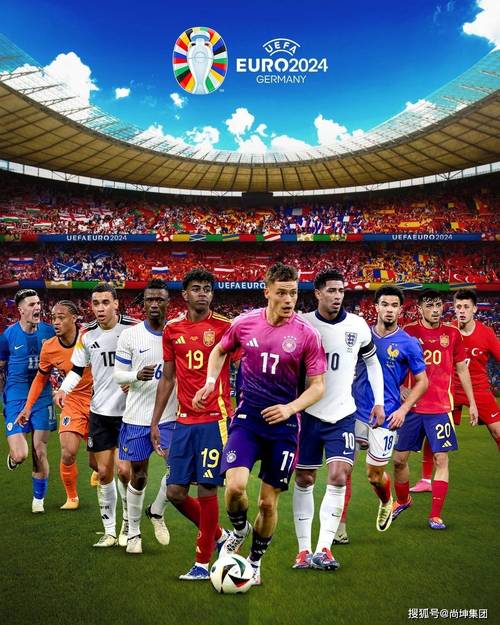欧洲杯参赛国家英文
7218
2024 / 05 / 20
Introduction
The UEFA European Championship, often referred to simply as the Euros, is one of the most prestigious football tournaments in the world. Held every four years, it brings together the best national teams from across Europe to compete for the coveted title of continental champion. This article delves into the history, format, and significance of the European Championship, exploring its evolution and the intense drama that unfolds on and off the pitch.
Historical Overview

The inception of the European Championship dates back to 1960 when it was first organized by UEFA, the governing body of football in Europe. Initially known as the UEFA European Football Championship, the tournament was designed to mirror the FIFA World Cup but on a continental scale. The first edition was a modest affair with just 17 teams participating, but it laid the groundwork for what would become one of the world's mostwatched sporting events.
Evolution of the Tournament
Over the decades, the European Championship has undergone significant changes. The number of participating teams has increased, the format has been refined, and the tournament has expanded to include more countries. The most recent change occurred in 2016 when the tournament was expanded from 16 to 24 teams, allowing more nations to compete and increasing the overall excitement and unpredictability of the competition.
Tournament Format
The current format of the European Championship involves a qualification phase, followed by a final tournament. During the qualification phase, teams compete for a spot in the final tournament through a series of homeandaway roundrobin matches. The final tournament consists of a group stage, where teams are divided into six groups of four, and a knockout stage, which includes the round of 16, quarterfinals, semifinals, and the final.
Significance and Impact
The European Championship is not just a showcase of footballing talent; it is a cultural phenomenon that unites nations and ignites passions. The tournament has the power to elevate players to legendary status, to bring economic benefits to host countries, and to create moments that are etched in the collective memory of football fans. The Euros also serve as a platform for political and social messages, with players and fans using the global stage to advocate for various causes.
Memorable Moments
Throughout its history, the European Championship has witnessed countless memorable moments. From the iconic "Panenka" penalty by Antonín Panenka in 1976 to the "Gerd Müller moment" in 1972, and from the "Golden Goal" of 1996 to the "Iker Casillas save" in 2008, each edition of the Euros has its own share of drama and heroics. These moments not only define the tournament but also shape the narrative of European football.
The Future of the Euros
Looking ahead, the European Championship continues to evolve. The tournament's popularity ensures that it will remain a focal point of the football calendar. With the potential for further expansion and the integration of new technologies, the Euros are poised to captivate audiences for generations to come.
Conclusion
The UEFA European Championship is more than just a football tournament; it is a celebration of European unity and a testament to the enduring appeal of the beautiful game. As we anticipate each new edition, we are reminded of the power of sport to bring people together and to create unforgettable moments of joy, heartbreak, and triumph. The Euros are a showcase of the best that European football has to offer, and its legacy is woven into the fabric of the continent's sporting history.
In conclusion, the UEFA European Championship, or the Euros, stands as a pinnacle of European football, encapsulating the passion, skill, and drama that define the sport. As the tournament continues to grow and adapt, it remains a cherished event for fans across the continent and around the world.
